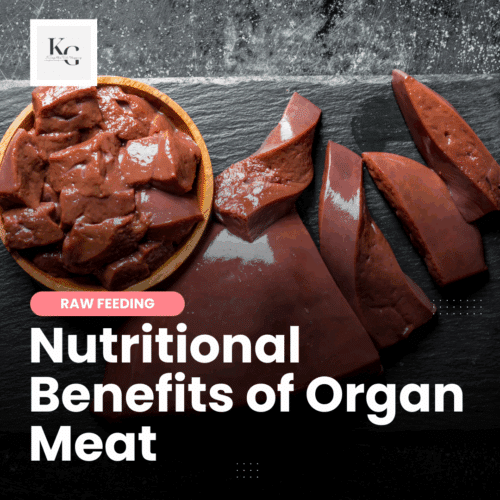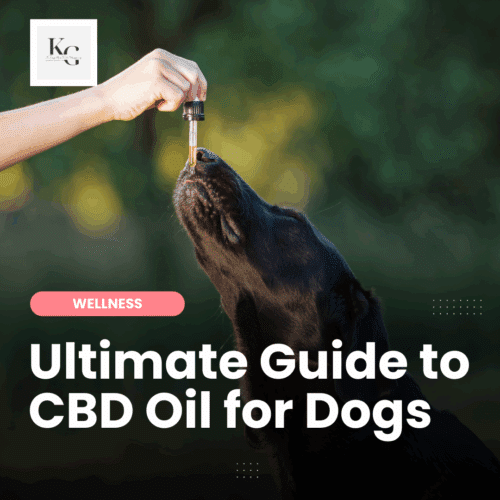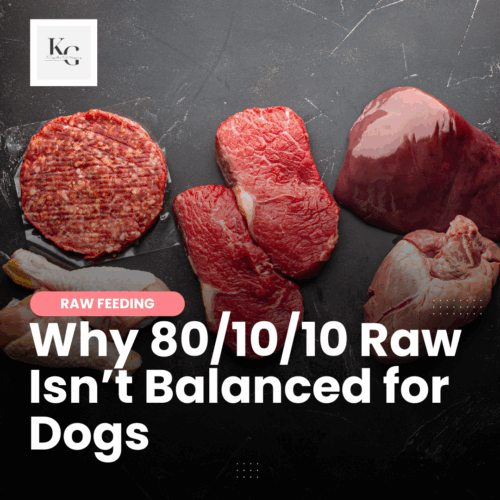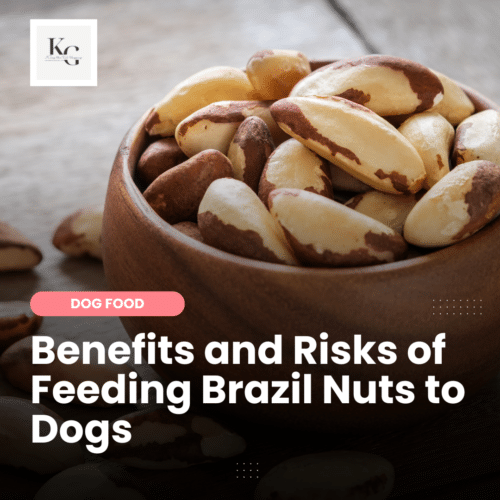Keep the Tail Wagging is supported by pet parents. I occasionally earn a commission (at no additional cost to you) when you click through an affiliate link to one of my favorite products. Thank you for your support. Read More
I've been learning about joint supplements for dogs since my first dogs, Rodrigo and Sydney, were diagnosed with joint issues when they were young. It turns out that Rodrigo didn't have arthritis; it was a condition many Border Collies and other active herding dogs get called Osteochondritis Dissecans (OCD), which our holistic vet diagnosed in 2014.
What is Osteochondritis Dissecans (OCD)?
“OCD is a condition that occurs in growing puppies of larger breeds, primarily between the ages of 4-9 months, but can occur as late as 12 months or older. It is most commonly seen in the shoulder joint but can be seen in stifles, elbows, hocks or other joints. In approximately one-third of the cases of OCD, the disease is bilateral (in both joints). Occasionally, it is present in several different joints in the same individual. It is seen twice as often in males as in females.”
~ Source: StillHope.com
Our holistic vet recommended a raw diet and a quality joint supplement for dogs. He also suggested a daily pain supplement that wouldn't cause short-term or long-term side effects until we corrected the joint issues.
Diet and Joint Health in Dogs
A dog's diet plays a significant role in their joint health. A high-carb diet can increase inflammation in the body, including the joints, exacerbating joint pain and stiffness. Additionally, a high-carb diet may contribute to weight gain, which places additional strain on the joints. This is another reason why a fresh-food diet is superior to kibble.
A well-balanced, nutritious, fresh food diet is essential for maintaining strong and healthy joints. Certain nutrients, such as omega-3 fatty acids and collagen, support joint health in dogs. These nutrients help reduce inflammation, promote cartilage health, and support joint lubrication. On the other hand, a poor diet lacking essential nutrients can contribute to joint problems and exacerbate existing conditions.
For dog owners who can't feed raw or cooked meals, adding fresh food to a kibble diet can help reduce inflammation. If I were to return to feeding kibble, I'd add the following foods to the bowl:
- canned sardines (in water or tomato sauce), mackerel, salmon, oysters
- a pureed vegetable blend
- fermented vegetables (or Gussy's Gut)
- bone broth (homemade)
- fermented fish stock (sourced from Solutions Pet Food)
Foods that Support Joint Health
Whether or not our dogs need a joint supplement, I still believe that adding foods that support joint health is beneficial. The following is a list of foods that are great for dogs and double as an anti-inflammatory:
- oily fish (salmon, sardines, mackerel, carp)
- golden paste (turmeric) – click here for an easy recipe
- leafy greens (spinach, collard greens, kale, mustard greens) – click here for my veggie mix recipe
- broccoli and broccoli sprouts – or Youthful Grasses & Sprouts (a freeze-dried blend of 7 grasses and sprouts)
- blueberries
- bone broth – click here for an easy recipe
- coconut oil
- chia seeds
Weight and Joint Pain in Dogs
There is a strong correlation between a dog's weight and their joint health. Excess weight stresses a dog's joints, increasing wear and tear. This can contribute to conditions like arthritis and joint pain. When a dog is overweight, their joints are forced to bear a heavier load, potentially causing inflammation and deterioration over time. Maintaining a healthy weight is crucial for supporting optimal joint function and preventing joint-related issues. Regular exercise, a balanced diet, and proper weight management are essential for promoting good joint health and overall well-being in dogs.
My Favorite Joint Supplements
I have tried a long list of joint supplements, none of which worked better than the following:
- JOPE – a chew that contains Omega-3s (EPA and DHA), Curcumin (from Turmeric), UC-II® collagen
- WINPRO Hip & Joint – chewable – the dogs think these are treats
- 1-TDC – a SUPER anti-inflammatory that also supports dental health
- Jump for Joynts – Adored Beast Apothecary – a homeopathic supplement that offers additional support for senior dogs

















Very informative article! I’m not yet giving my 3 year old pup joint supplements, but I am thinking of switching to a raw diet and love the food recommendations that you gave that are great for joints. Thanks for the information!
I am finding best pet foods for my dog and thanks for sharing this blog. Its very helpful to me. I take some delicious organic and natural pet food for my dog. So my pet’s health is very good.
I find that I’m choosing supplements for myself based on what I give my pets and how successful they are; I’m now taking apple cider vinegar tablets and a probiotic.
I take dietary supplements or vitamins. And increasingly, I like to give my pet. The most similar are multivitamins, supplements to support arthritic joints, and fatty acids to reduce shedding. I also may give probiotics to alleviate gastrointestinal problems or antioxidants to counteract the effects of aging, such as cognitive dysfunction. Thanks for sharing.
Thanks for sharing, Crystal!
The supplement I use with my dogs is Glyco-flex III, which has glucosamine, chondroitin, MSM, green lipped mussel, and a number of other ingredients. I use it for my two highly active sports dogs, and so far, I really like the product.